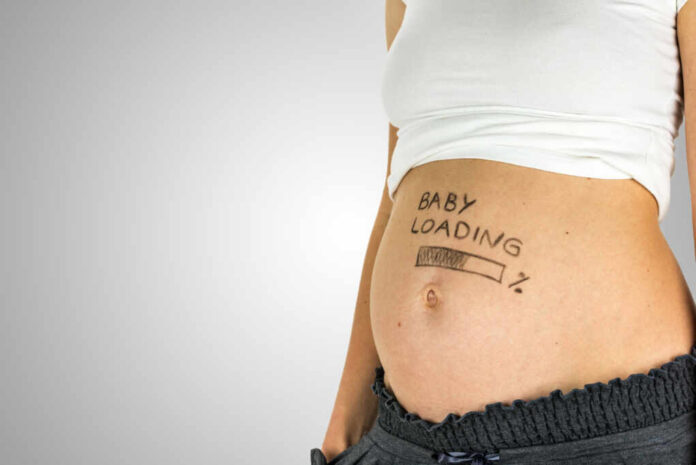
A courageous South Dakota lawmaker is working to put the brakes on the abundance of misinformation spewed by the abortion industry. Republican state Rep. Taylor Rehfeldt is in a position to know falsehoods concerning medical practices when she hears them.
She earned a doctorate in nursing and enjoyed a career as a nurse anesthetist until she was voted into office in 2021.
On Wednesday morning, she introduced legislation tagged the “Med Ed Bill.” This would provide funding for the South Dakota Department of Health to clarify purposeful misconceptions spread by abortionists over the state’s near-total abortion prohibition.
Interviewed by the Washington Examiner, Rehfeldt noted abortion information “has really just become this political war zone.” But she lauded her state for placing the lives of women and babies first and wanted to clear up the confusion that providers may face due to misinformation.
South Dakota only allows abortion if the mother’s life is at risk.
Supporters of ending the lives of unborn children are fond of claiming that such laws are a danger to women’s health. They send conflicting messages to medical providers who worry they will face strong criminal liability if they fail to follow state law.
South Dakota’s abortion ban will remain as it is written for now. A bill that would have clarified the language of the “the life of the mother” was tabled by the sponsor, Republican Representative Taylor Rehfeldt, Tuesday. https://t.co/c2kybBZkZu pic.twitter.com/1jePoFRh7d
— KELOLAND News (@keloland) February 8, 2023
Current South Dakota law only permits abortion when “there is appropriate and reasonable medical judgment” that performing the procedure “is necessary to preserve the life of the pregnant female.”
Rehfeldt explained the current language does not clarify the condition of the expectant mother. “There is no definition currently about what that means.”
She added, “And so health care providers are a little bit confused and need some clarification about how we can best care for moms.”
House Bill 1069 is intended to give clarity to situations that affect both mother and child. “The attending physician, exercising reasonable medical judgment, must determine that, by continuing the pregnancy, the female is at serious risk of death.”
The pregnant woman may also be at risk “of a substantial and irreversible physical impairment of one or more major bodily functions.”
Rehfeldt said her own experience of bearing two children as a “high-risk” mother played an important role in drafting the legislation.













